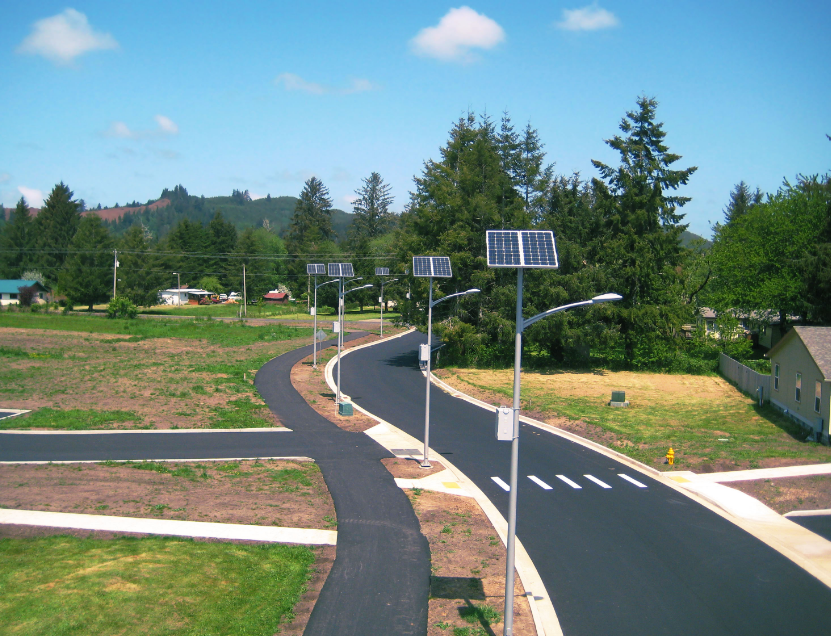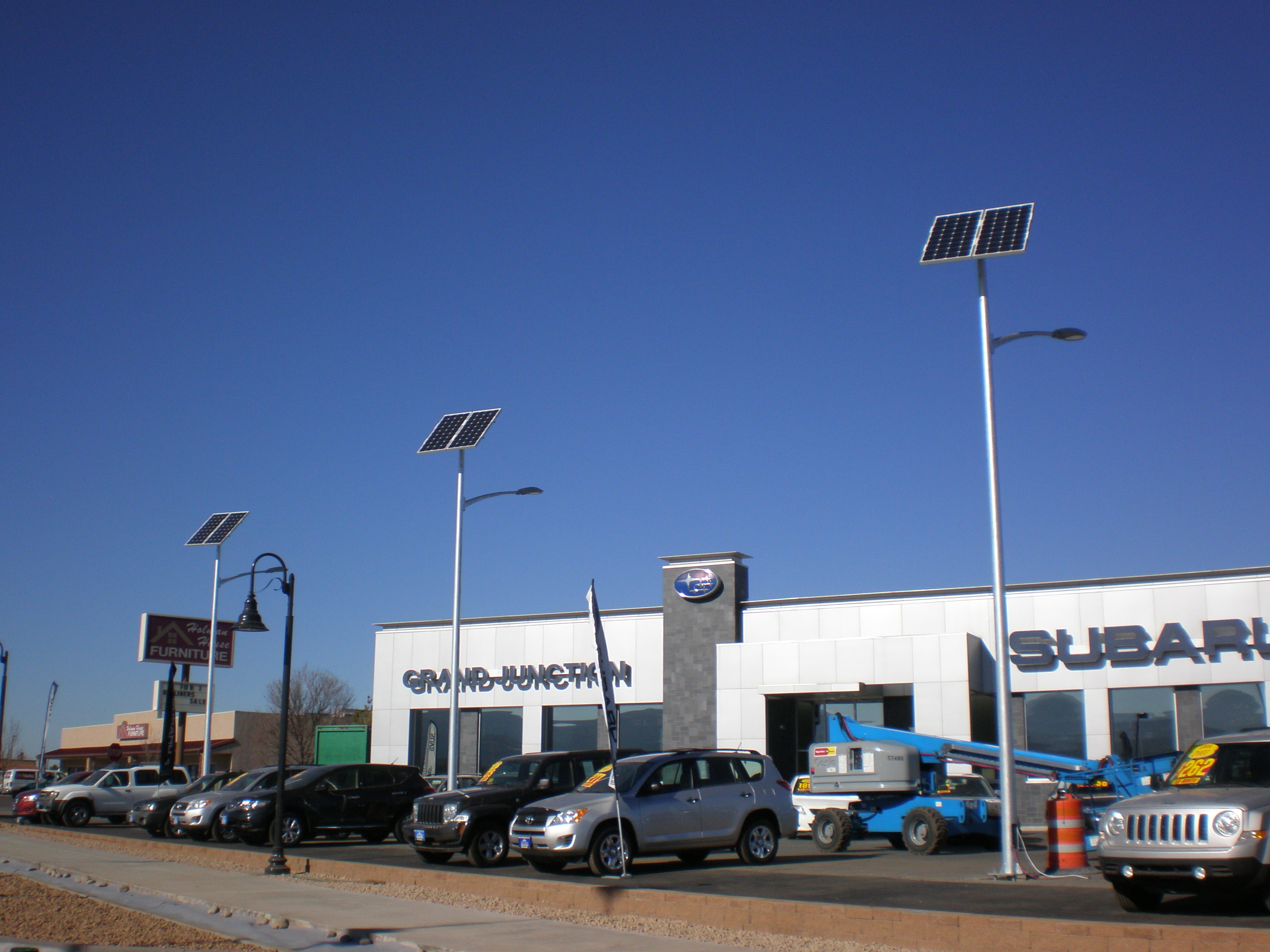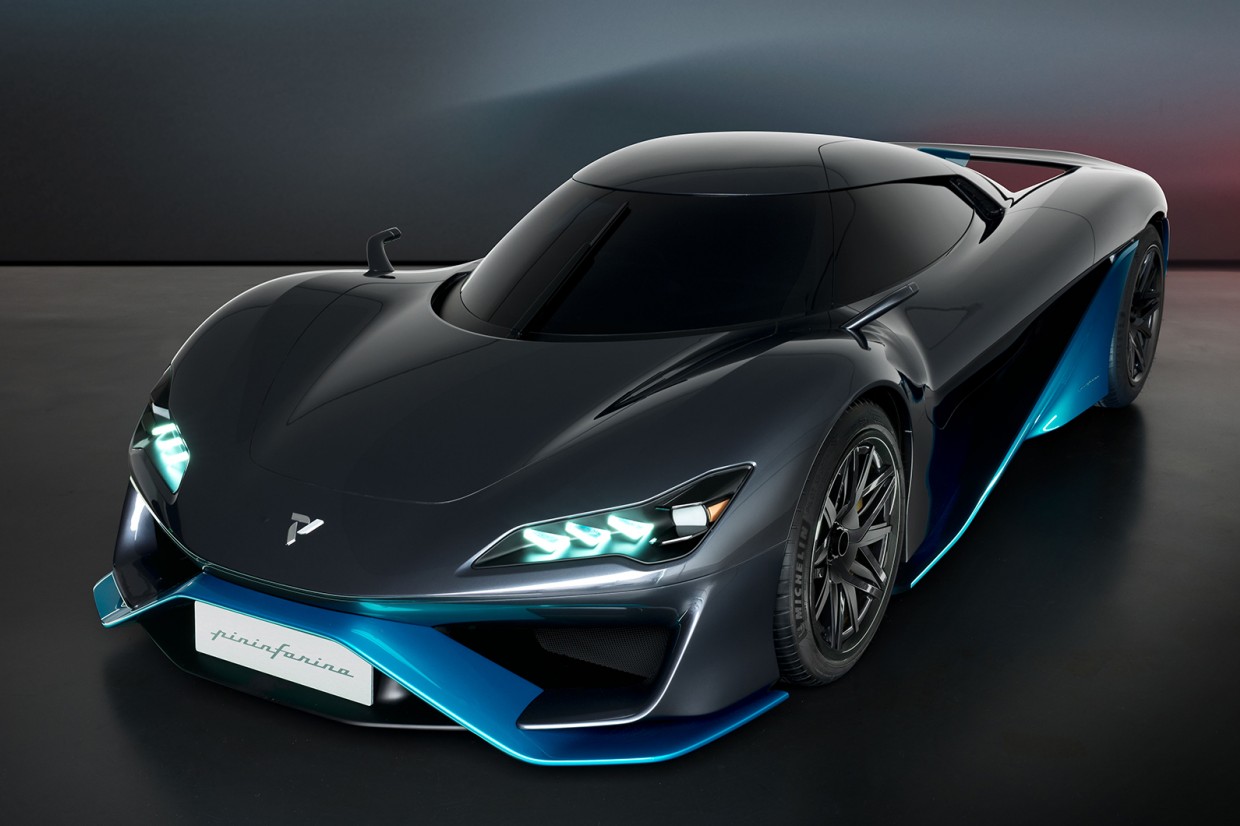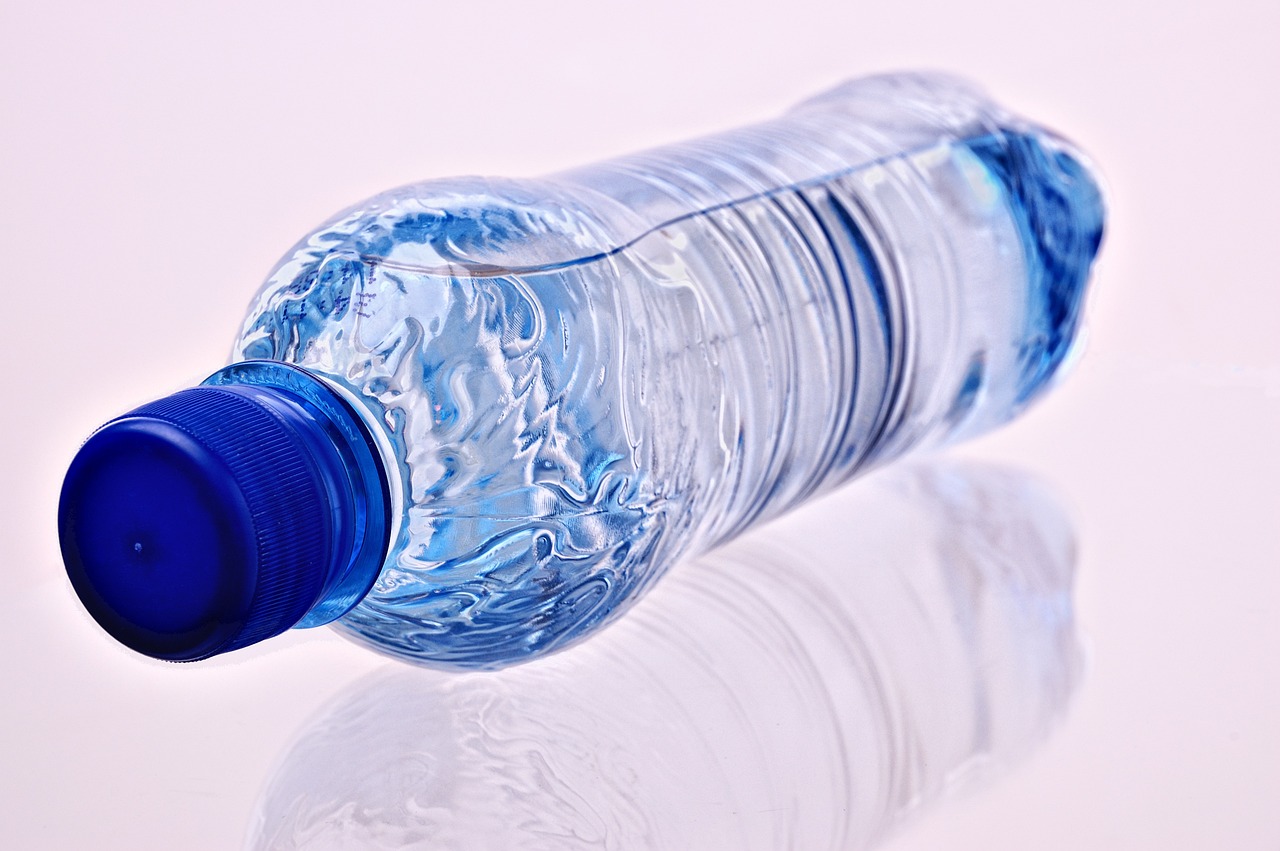It has never been easier for businesses to implement their sustainability goals as it is in the present. Go back 20 years ago and the thought of making a business more eco-friendly was synonymous with higher expense and lower profits. Even though business stakeholders knew the importance of protecting the environment, a business’s social responsibility would be downplayed if money and profits become scarce.
Screaming out “Save the planet” from the rooftop wasn’t enough to motivate stakeholders to take action. Instead, an eco-friendly proposition had to be sold to businesses in the same way any products or services are sold to consumers. It needed a strong value-based proposition.
Businesses can implement the following eco-friendly actions that will boost their sustainability efforts and long-term profits.
Solar lighting
Solar lighting is the best form of lighting. It’s known to improve employee productivity and health. It minimises the business’s reliance on artificial lighting, and the best part is it is free.
Building designs that incorporate large window openings such as skylights or solar tubes will expose areas to natural light, cutting down the business’s contribution to carbon emissions.
Additionally, interior design is just as important to ensure that the natural light coming into the premises brightens up the room. The use of mirrors, wall colours and reflective objects will contribute to the amount of sunlight being distributed around in the space.
Artificial lighting
Another factor is the way lighting is consumed within the business. Traditionally, buildings were fitted with incandescent light bulbs, which are the cheapest light bulbs on the market. However, they consume the most amount of energy compared to other light bulbs, have a lower lifespan and cost more to maintain. Lighting costs typically account for 15% of a business’s overhead costs when incandescent bulbs are used.
Businesses that have upgraded to energy-efficient LED light bulbs have noticed a steep reduction in their lighting consumption costs. This is because 90% of the energy that is used to illuminate incandescent light bulbs is wasted through heat loss. LED light technology uses this lost energy, which draws less current and reduces the business’s overall energy consumption. Most businesses cite that their energy bills reduce by 60% after making the switch, thus improving the positive cash flow for their business.
Additionally, different LED lights can illuminate different spectrums and colours. Technology is evolving so quickly that it’s actually mimicking natural sunlight. This positively impacts the business environment since improved lighting is linked to improved employee productivity and increased profits for the business.
The environmental impact is substantial as well since many businesses are linked to an electrical grid that generates energy from fossil fuels such as oil, coal or gas.
Sustainability partners
There are more businesses working harder than ever to close the loop so that businesses can minimise waste. There is still 1.3 billion tonnes of waste that goes to landfill each year. Even though businesses are making efforts internally to reduce waste, it is in their best interest to partner with specialist businesses that can help them close the gap. For example, businesses can look for organisations that offer recycling pick-up services for plastics, glass, paper or metals.
This way, the business only needs to focus on collecting and organising the waste so that it will be picked up and recycled by the appropriate party. In some cases, recyclers might even pay for the items, thus creating another revenue stream for the business.
Your business can make a difference by implementing these eco-friendly measures that will not only save money but will also improve the business’s profitability. Audit your business today to see where you can make improvements and commit to making a change for the better today!








